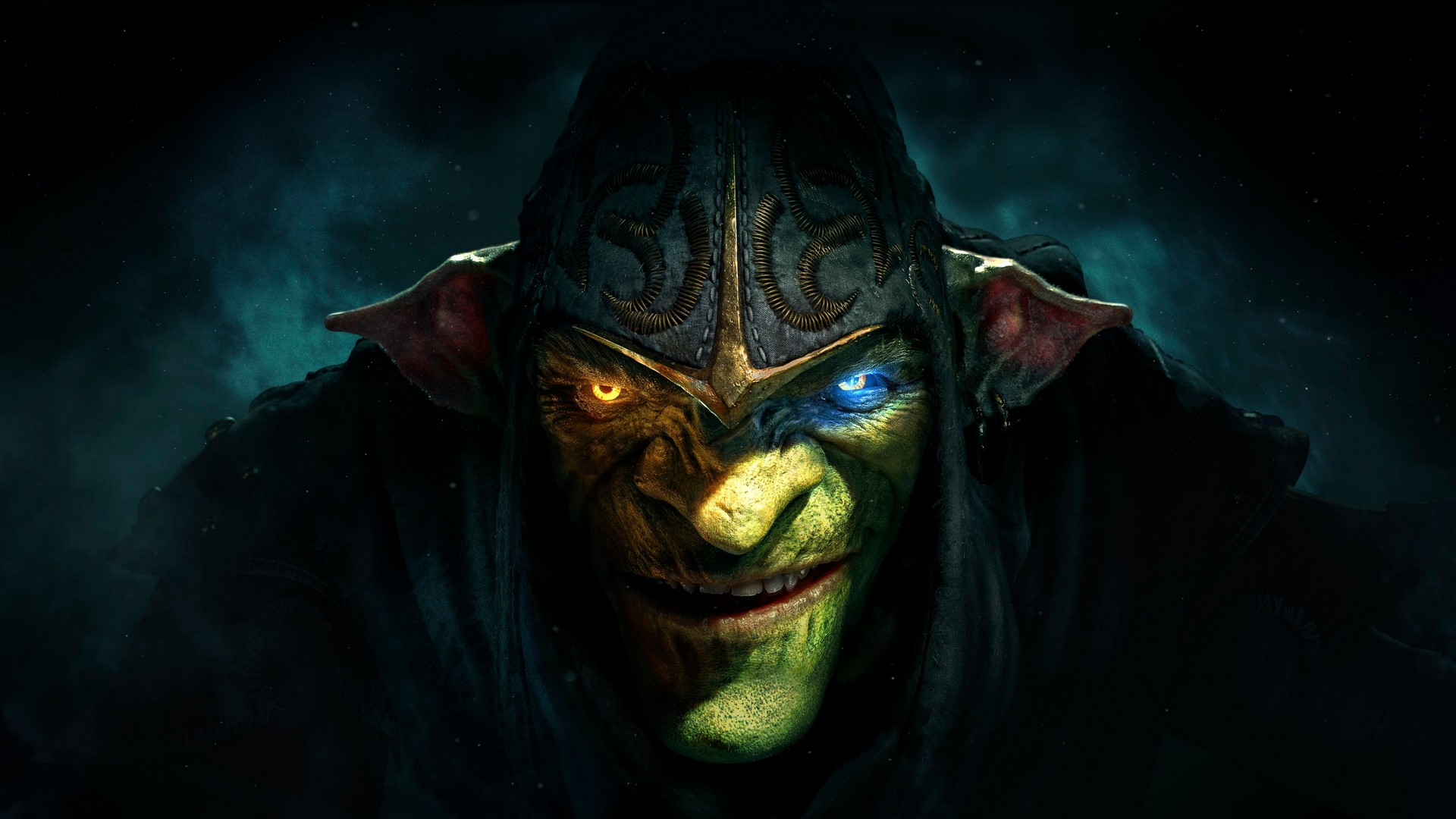12 cancelled movie tie-ins that could have been awesome
Now playing... nothing
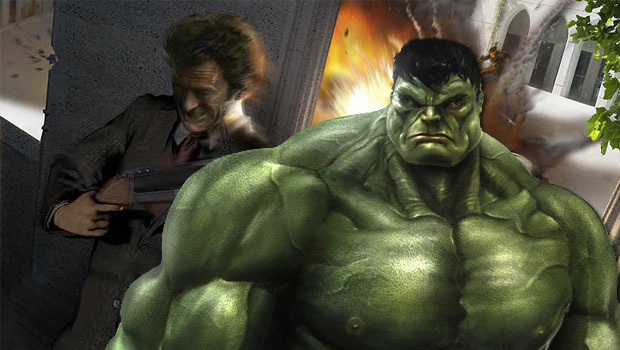
Could have beens...
Movie tie-in games, almost without exception, are the blight of our beloved medium. Whenever a new blockbuster arrives at a cinema near you, you can expect to see its gaming counterpart riding into retail on a wave of mediocre (at best) reviews. Usually such projects suffer from short development time, limited budgets, or sheer lack of love and inspiration.
The most disappointing thing is that many of these licenses have the potential to be great in video game form. In fact, there have been a great many promising tie-ins that fell by the wayside before we could ever get out hands on them. Weve compiled 12 cancelled movie tie-in games that might--just might--have lived up to their awesome source material. Join us for a walk through what could have been.
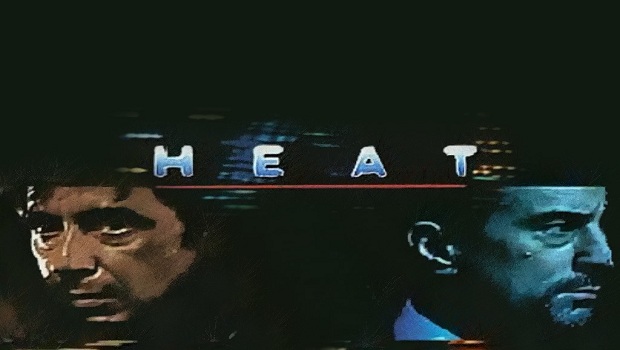
Heat
Overview: Back at E3 2006, Gearbox announced an adaptation of 1995s seminal crime thriller Heat. Director Michael Mann was supposedly involved, with the game acting as prequel or sequel, depending on which stars could be coerced to come aboard. A year later at Ubidays 2007 (where, hauntingly, Aliens: Colonial Marines was announced), Gearbox chief Randy Pitchford claimed to still be meeting with Mann about the project. Then it all went ominously quiet. It wasnt until 2009, while showing off Borderlands, that Pitchford admitted that Heat had gone off the boil.
Why it could have been awesome: Given recent events, perhaps its better that Gearbox didnt take a stab at such a revered film. Still, Pitchford was confident at the time that both Al Pacino and Val Kilmer would reprise their roles, and that Robert De Niro could be convinced to appear in flashbacks (overcoming the slight handicap of his character being dead). That would be quite the all-star cast, and under the creative direction of Michael Mann this might've matched the class and intensity of its source material.
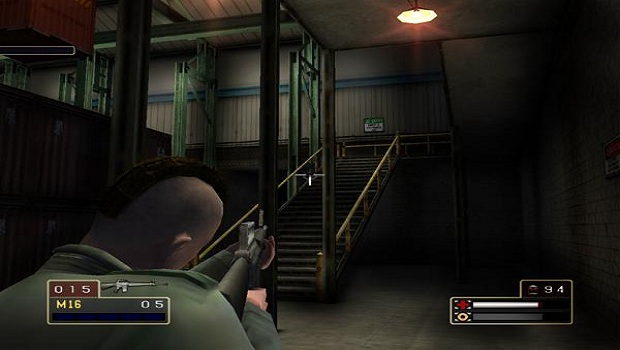
Taxi Driver
Overview: Another belated adaptation here, as it wasnt until the films 30th anniversary that Majesco announced Taxi Driver for PS2 and Xbox. Screenshots and early footage show Travis Bickle (Robert De Niro), the Mohican-sporting paranoid psychopath, terrorizing the New York streets in his iconic yellow taxi and waging war on a host of criminals and scumbags. Due to be released in spring 2006, the project fell foul of Majescos financial woes and was canned in late 2005.
Why it could have been awesome: Although there was more than a whiff of a GTA clone here, Taxi Driver was an ambitious project. It aimed to recreate New York and offer a credible open-world playground that captured the dank, taut atmosphere of the source material. It also appeared to willfully misunderstand the point of the film in the name of entertainment, turning Bickle into a one man army with an entire arsenal at his fingertips. We can only assume there would've been a "You talkin to me?" mini-game, perhaps utilizing the EyeToy.
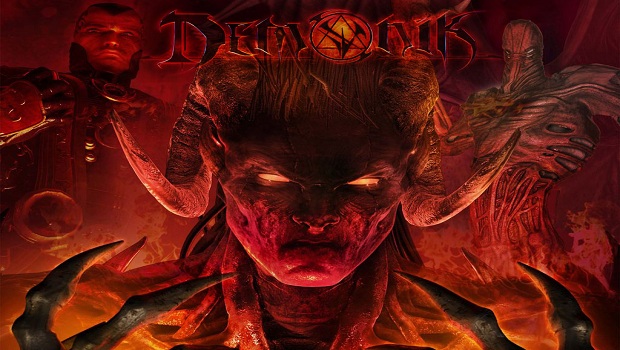
Demonik
Overview: Demonik is a firm lesson in over-ambition. The brainchild of horror master Clive Barker, the idea was that the game would be an integral counterpart to the movie of the same name. While the film would have told the heros story, the game would let you assume the mantle of the villain, the vengeance demon Volrath. Announced for Xbox 360 at E3 2005, Demonik featured heavily in the 2006 Adam Sandler-produced movie Grandmas Boy, which most people successfully avoided. Misjudged publicity stunts like this didnt help publisher Majescos financial woes, and shortly afterward Demonik ran out of the cash.
Why it could have been awesome: For starters, Clive Barker is an undisputed legend of horror, so a project of his built from the ground up would always be interesting at the very least. The gameplay looked promising too--backed by the grunt of the then-new 360, Demonik played like a next-gen Psi Ops. Environments were completely interactive, allowing Volrath to telekinetically chuck scenery around or dump people into vats of acid. Seven years before Dishonored pulled the same trick, Demonik let you possess any human character and bend them to your dastardly will. If the project had lived, it could have been a blast.
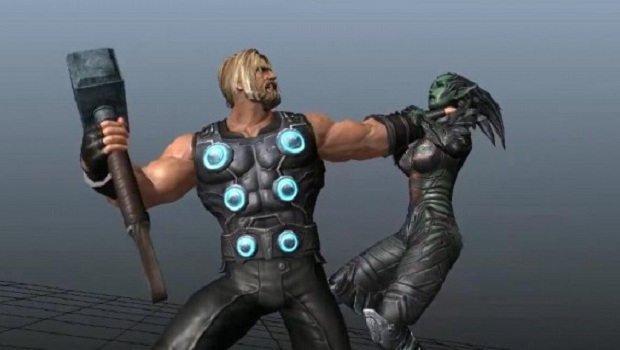
The Avengers
Overview: Its always a little conspicuous when a movie as huge as The Avengers doesnt receive a rushed, slapdash video game tie-in. In fact, it was only after the films tremendously successful release that we learned of the game that had been in development at THQs Studio Oz. Of course, we all know what befell the now defunct publisher. In a late attempt to assuage its financial woes and move away from licensed titles, THQ shuttered the studio, taking The Avengers game and 200 staff with it.
Why it could have been awesome: While simultaneous movie tie-ins usually suffer from short dev time, work on The Avengers game actually started in early 2010. Leaked pre-alpha footage was not what youd expect--the action was first-person, allowing you to switch between superheroes for some pronounced gameplay variety. Iron Man could blast at warp speed through the skies, while Hulk stayed earthbound to punch tanks. Studio Oz had a poor track record, but, at the very least, this might not have been quite what we were expecting.
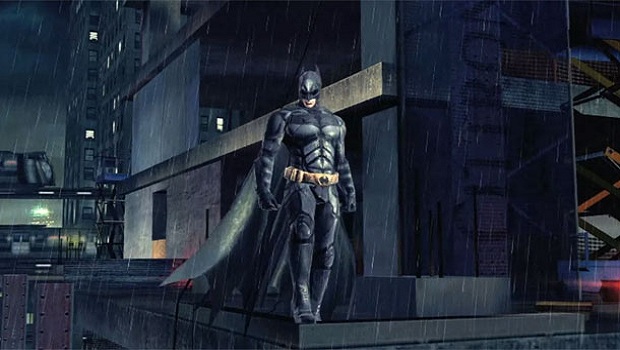
The Dark Knight
Overview: While this tie-in with The Dark Knightwas never officially announced, word leaked out on good authority in the summer of 2007 that it was a secret project gathering strength in the caves beneath Pandemic Studios and EA. Rumors told of a sandbox Gotham City, with Gary Oldman reprising his role as Lt. Jim Gordon to guide Batman through his crime-fighting exploits against The Joker. Yet as the movie smashed box office records, the game was simply never mentioned again. Pandemic has since shut its doors.
Why it could have been awesome: We know this could have been awesome because we have Rocksteadys Arkham City, which pulls off the same open-world approach to the Caped Crusader with aplomb. Whether Pandemic could have matched this form is difficult to say, but with games like Star Wars: Battlefront and Destroy All Humans! under their belts, you wouldnt have bet against them.
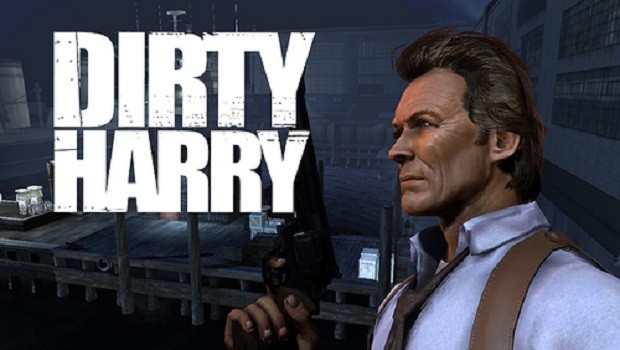
Dirty Harry
Overview: A remarkably similar story to Heat, this adaptation of Dirty Harry from The Collective, Inc. had some serious momentum behind it for a while. The story would bridge the gap between the first and second films, putting the power of Harry Callahans (Clint Eastwood) magnum in your hands and turning you loose in a sandbox San Francisco. Eastwood himself was enthusiastic about the project, and at E3 2006, Warner Bros. announced that Gene Hackman and Laurence Fishburne had signed on to lend their dulcet tones. Then the project stopped feeling so lucky. Staff layoffs gutted The Collective, Inc. and effectively sunk the project. Warner Bros. still retains the license.
Why it could have been awesome: We get to play as Dirty Harry? Sold! While early footage was only promotional animation, it looked to have successfully captured the '70s vibe of the films, with the open San Francisco loaded with impressive period details. The game promised to let you indulge your inner maverick, murdering everyone in your path, or play the pacifist, each approach affecting how people react to you. It might be a long shot, but Dirty Harry coming back to life would make our day (sorry).
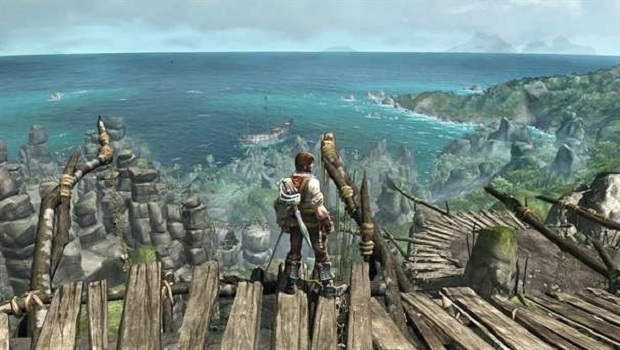
Pirates of the Caribbean: Armada of the Damned
Overview: Pre-dating Assassins Creed IV by several years, Armada of the Damned would have placed you in the salt-stiffened boots of pirate captain James Sterling, with the sunny Caribbean as his debauched domain. This tropical world would have been integral to the game not only for its open exploration, but in how it would shift towards darkness or light depending on your piratical deeds. These deeds seemed to largely involve running people through and blowing their ships to pieces with your own. Sadly, the project was cancelled by Disney Interactive Studios in October 2010.
Why it could have been awesome: Right up until cancellation, Armada of the Damned looked incredibly promising. Free of the films convoluted story and tired characters (Orlando Bloom was blissfully absent), it looked to bring together everything you could desire in a pirate adventure: swashbuckling, high seas, and treasure hunting. It looked fun, and gorgeous to boot. Lets hope ACIV can act as a suitable substitute.
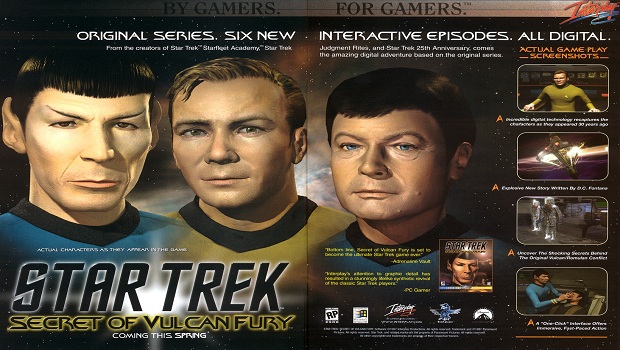
Star Trek: The Secret of Vulcan Fury
Overview: A slight cheat here, as this one ties more closely with the TV series than the Star Trek films. In development at Interplay Entertainment throughout 1997-98 for an eventual PC release, The Secret of Vulcan Fury was penned by none other than D.C. Fontana, writer on the original Star Trek and The Next Generation. The game would incorporate six episodes, letting you play as all major members of the original Enterprise crew. Such ambition made the project hugely expensive, and it was continually delayed by departing staff. When financial troubles put Interplay on red alert in 1999, there was no choice but to jettison The Secret of Vulcan Fury.
Why it could have been awesome: Interplay had a history of strong Trek games, having previously developed the popular The 25th Anniversary and Judgment Rites. These were praised for their ability to capture the tone and atmosphere of the series. With D.C. Fontana on the bridge for The Secret of Vulcan Fury, youd have fancied a strong story, and the entire original series cast had returned to lend their voices. Bring it all together, and this might have been the complete package for die-hard Trekkies.
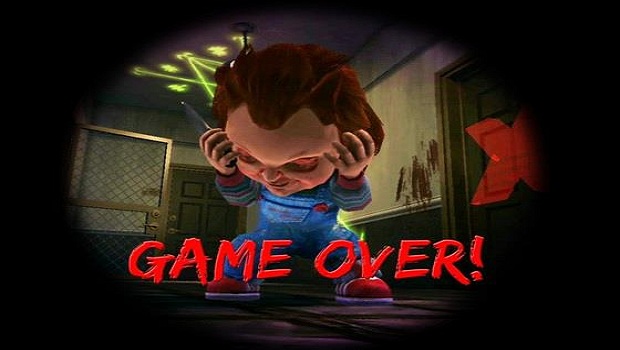
Chucky: Wanna Play?
Overview: Chances are that youve not been crying out for a Childs Play game on PC and consoles. This didnt prevent little-known TikiGames from grossly overestimating the demand to play as psychopathic doll Chucky, stalking and slashing victims in torrents of gore. Announced in 2011, the developer turned to Kickstarter in October 2012 to ask for $925,000 dollars to complete the project. Somewhat embarrassingly, it only raised a measly $585. No, not $585k--literally $585, effectively leaving Chucky: Wanna Play? dead and buried.
Why it could have been awesome: We'll concede that this one probably wouldnt have ended well. Yet TikiGames clearly had a great deal of passion for the license, and that may have translated into an appropriately gritty slasher packed full of the franchises trademark dark humor. And boobs. There would almost certainly have been enough gratuitous boobs to rival a Duke Nukem strip club get-together.
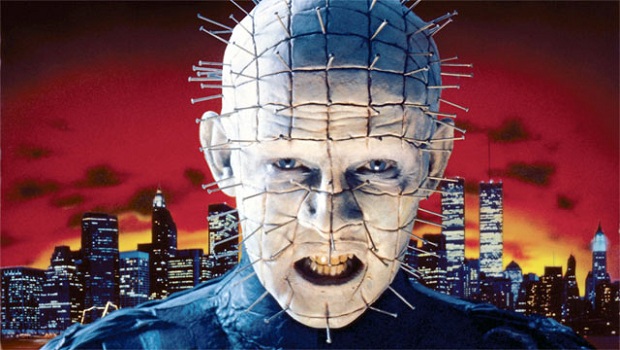
Hellraiser
Overview: In the halcyon days of the NES, Hellraiser was a nightmarishly ambitious project. It sought to produce hitherto unseen 16-bit graphics by combining the Wolfenstein 3D engine with a Z80 CPU. That would have been as expensive as it sounds, inflating the cartridge price or requiring players to purchase add-on hardware. Hellraisers visuals were constructed from two sets of 8-bit graphics, every frame switching back and forth between the two so that they would blend together in the human eye. The reality was a flickering epileptic fit waiting to happen. Collapsing under the weight of its own ambition, the project quietly disappeared into the development hell dimension.
Why it could have been awesome: Hellraiser was ambitious in its gameplay too--trapped inside the films puzzle box, the player would have to find ways to manipulate the exterior of their prison to solve the puzzle and facilitate escape. Such alterations on the outside would cause the interior layout to shift accordingly. It sounds almost like a proto Portal or Antichamber. Only with added hell demons to shoot in the face.
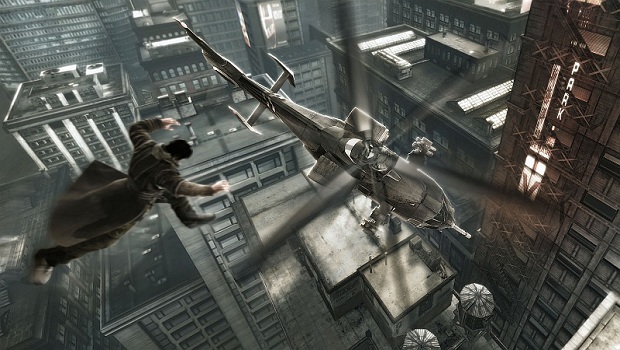
Highlander
Overview: Considering the wealth of movies, television series, comics, and other media exploiting the Highlander franchise, we can feel hard done by to have never received a game tie-in. This omission was almost corrected by Square Enix when they announced Highlander: The Game in January 2008. Breaking with previous stories, the Eidos developed game would have cast you as Immortal Owen MacLeod, his quest for fragments of an all-powerful stone spanning several distinct time periods and leaving countless bodies in his wake. Unfortunately, Highlander: The Game wasnt as immortal as its protagonist, and was cancelled in December 2010.
Why it could have been awesome: Highlander made masochism the central ideal of combat--as an Immortal, Owen could absorb lightning to blast enemies, throw himself off ridiculous heights, and impale himself on enemy weapons to disarm them. Imagine NeverDead, but not rubbish. Combined with magical abilities and standard melee attacks, the combat promised to be incredibly varied and entertaining. And unlike the Assassins Creed series, Highlander wouldnt have restricted you to a single time period--the story would have encompassed Ancient Gaul, Pompeii, 16th century Scotland, and modern day New York.
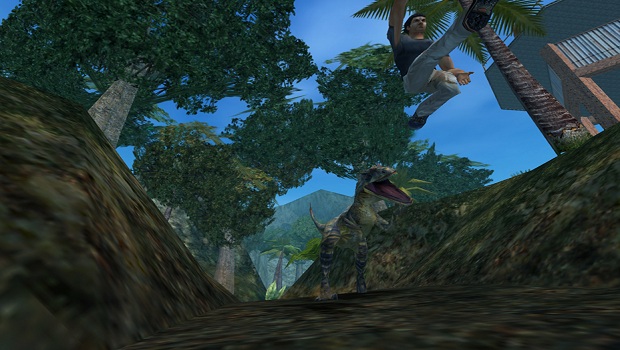
Jurassic Park: Survival
Overview: Dropping you on an open world tropical island infested with toothsome locals, Survival preached a more cautious approach than going in guns blazing. Developed by Savage Entertainment, the game was intended for a 2002 release on PlayStation 2. The story was independent of the films, casting you in the role of saviour as a shadowy organisation takes over the island. Jurassic Park: Survival, like Dino Crisis, straddled the line between action and survival horror, encouraging you to leg it just as often as fight. As it turned out, the best way to kill off the dinosaurs was a payment conflict with publisher Vivendi.
Why it could have been awesome: Survival looked like it might be a survival-horror Tomb Raider. There was to be a strong focus on climbing, rolling, and platforming to evade enemies and solve puzzles. Dinosaur AI was intelligent, forcing you to outwit them to avoid becoming a light snack. With limited ammo and only a cattle prod for back up, this promised to offer an intense survival experience the like of which has slowly leaked out of the genre in the intervening years.
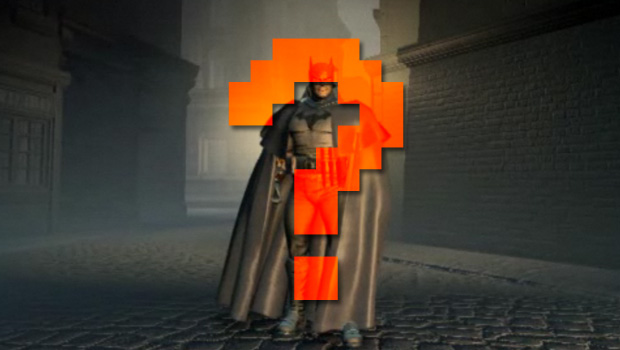
12 movie tie-ins we never got to play which might have broken the curse of crappy adaptations--do you remember anticipating any of these games? Do you agree that some of these might not have been terrible? All we can do is live with the terrible truth that well never get to find out for ourselves.
And if you're looking for more, check out all of the video game references of Scott Pilgrim and the top 7 games that shouldn't be turned into movies.
Weekly digests, tales from the communities you love, and more
You are now subscribed
Your newsletter sign-up was successful
Want to add more newsletters?

Every Friday
GamesRadar+
Your weekly update on everything you could ever want to know about the games you already love, games we know you're going to love in the near future, and tales from the communities that surround them.

Every Thursday
GTA 6 O'clock
Our special GTA 6 newsletter, with breaking news, insider info, and rumor analysis from the award-winning GTA 6 O'clock experts.

Every Friday
Knowledge
From the creators of Edge: A weekly videogame industry newsletter with analysis from expert writers, guidance from professionals, and insight into what's on the horizon.

Every Thursday
The Setup
Hardware nerds unite, sign up to our free tech newsletter for a weekly digest of the hottest new tech, the latest gadgets on the test bench, and much more.

Every Wednesday
Switch 2 Spotlight
Sign up to our new Switch 2 newsletter, where we bring you the latest talking points on Nintendo's new console each week, bring you up to date on the news, and recommend what games to play.

Every Saturday
The Watchlist
Subscribe for a weekly digest of the movie and TV news that matters, direct to your inbox. From first-look trailers, interviews, reviews and explainers, we've got you covered.

Once a month
SFX
Get sneak previews, exclusive competitions and details of special events each month!

